The Feast of Epiphany on January 6th is traditionally Spain’s main festive holiday, when children receive their presents brought not by Santa Claus, but by the Three Kings.
On El Día de Reyes Spain and Latin American countries celebrate the biblical adoration of baby Jesus by the Three Kings, also known as the Three Wise Men or Magi.
Kings are cooler than Santa
In a 2015 survey, Spanish children overwhelmingly chose the Three Kings as their favourite gift giver (67 percent) over Santa Claus (27 percent). Perhaps the fact that Spanish kids tend to get the bulk of their Christmas presents for Reyes has something to do with it.
In Spain Los Reyes Magos – Melchior, Caspar and Balthazar – play a similar role to Santa Claus in many other parts of the world.
Spanish children write letters to the Three Kings, or Three Wise Men, who then bring the children gifts the night before, or on the morning of the Epiphany, January 6th.
In some houses children leave their shoes outside the door so that the Three Kings will fill them with gifts, often leaving bigger presents alongside.
Just as children in many other places leave out some food and drink for Santa, and a carrot for Rudolph, Spanish children make sure to leave a drink for each of the Three Kings and some food and drink for their camels – as this is the only night of the year when the animals eat and drink.
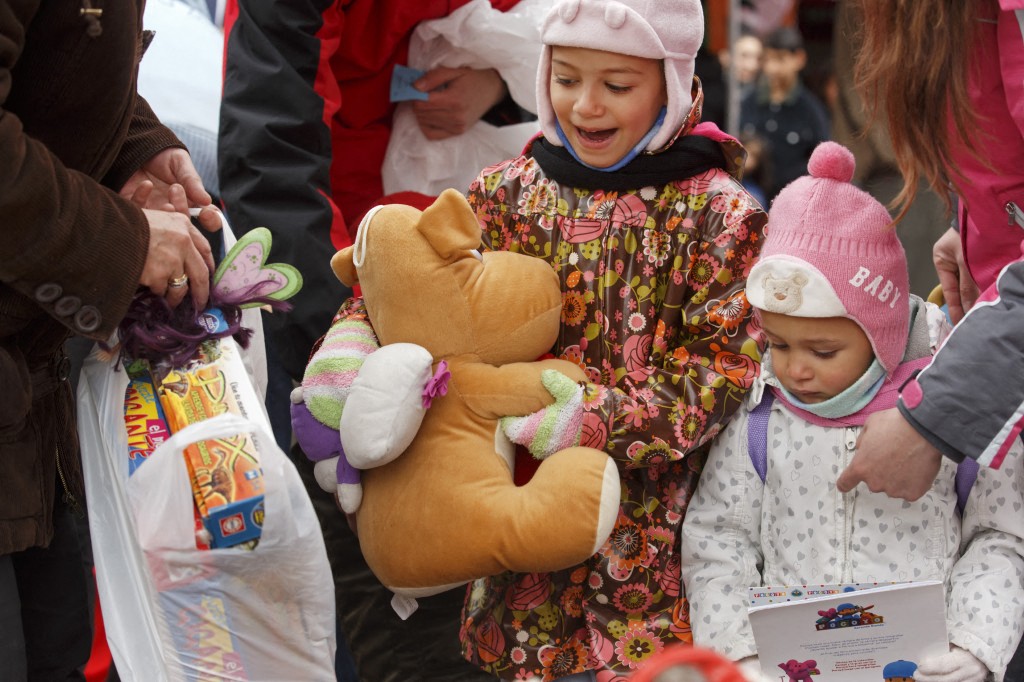
Three Kings Parades
Huge Three Kings parades or cabalgatas are held around Spain on January 5th.
They are usually enormous spectacles featuring hundreds of actors and are broadcast live on Spanish television.
Every city and sizeable town usually stages a parade.
Depending on the location, the three kings may traditionally arrive by boat (Barcelona), hot air balloon (Seville), helicopter (Tenerife) or another means of transport, apart from their trusted camels.
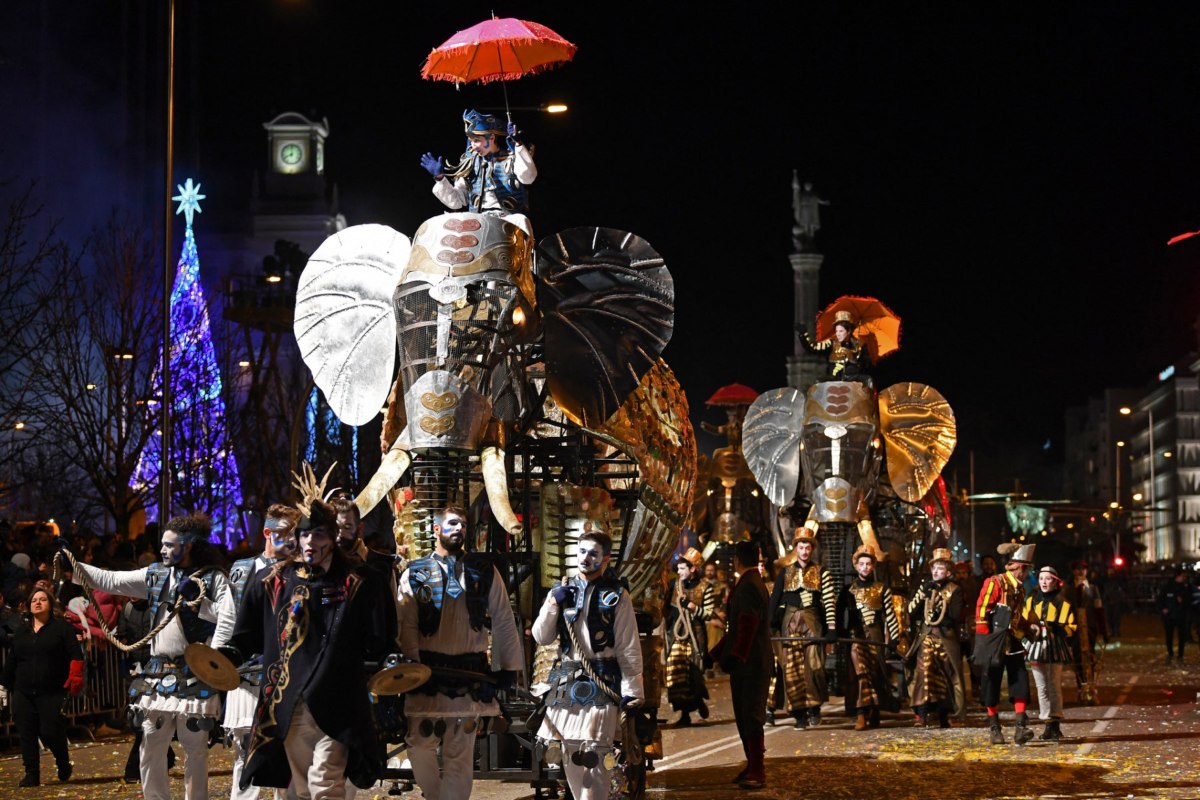
Umbrellas can come in handy
Even if the skies are clear and there is no forecast for rain, you will see children brandishing umbrellas as they line the parade route.
The reason becomes clear as the Kings approach and the umbrellas are opened and turned upside down becoming the ideal receptacle for catching the handful of candies thrown into the crowds.
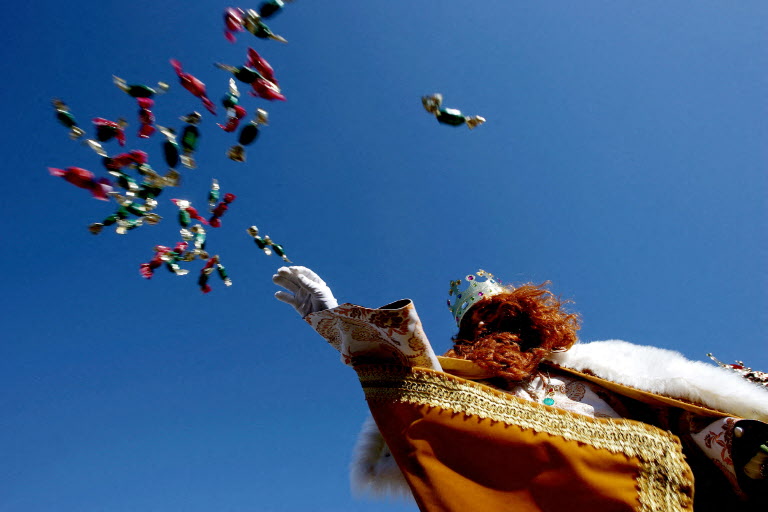
Controversy
The roles of the Three Kings in the famous parades have traditionally been played by city councillors. Because most are white, Balthazar has usually been played by a “blacked-up” white man, which has often been branded as racist by critics.
In 2016, for the first time ever, Madrid’s left-wing council called time on the controversial tradition, promising to employ a black actor for the part “to reflect the integration and diversity that increasingly characterizes Madrid’s community”.
Likewise in Barcelona, Balthazar is played by a black actor and is also accompanied by an entourage of black drummers and dancers.
Some town councils have chosen to replace a King in the parade with a Queen all in the spirit of equality, however this has caused outrage amongst traditionalists.
As Spaniards continue to analyse their deep-seated traditions that seem out of touch with the modern world, the ‘blacking up’ during Reyes is increasingly considered offensive and that it perpetuates racist stereotypes.
The oldest Three Kings parade in Spain, which has taken place in Alcoy (Alicante) since 1885, also includes dozens of children who controversially ‘black up’ to represent pajes negros who deliver the presents on behalf of the Kings (see picture above).
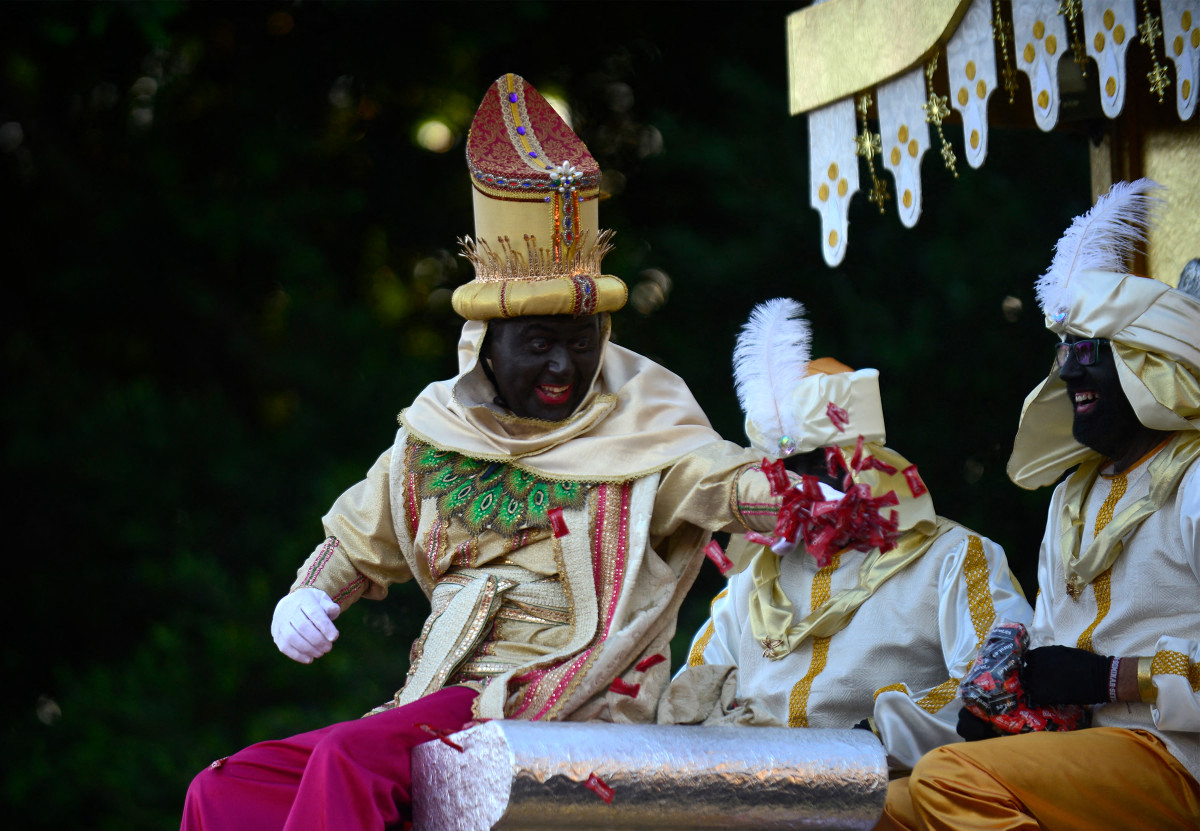
Roscón de Reyes
On January 6th, Spaniards typically tuck into a Roscón de Reyes, a Three Kings cake baked in a ring and decorated with candied fruit and hiding a, sometimes lucrative, surprise.
A small figurine of the baby Jesus, or a little toy for children, is typically hidden inside the dough, as is a dry fava bean. Whoever finds the toy is crowned king or queen of the celebration, while the one who finds the bean has to buy the Roscón next year.
Each year El Corte Inglés hides gold ingots inside some of its Roscón cakes sold from its stores across Spain – which would be a sweet surprise for someone to find in their slice on January 6th.
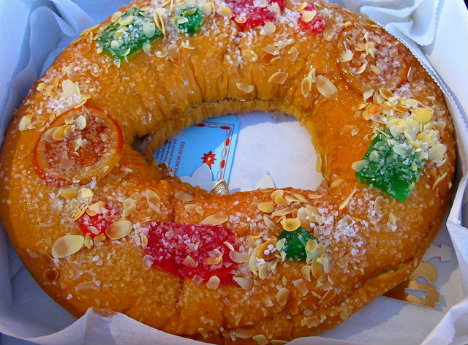
Photo: El Coleccionista de Instantes Fotografía & Video/Flickr
Spanish Kings?
Might the three Kings originally have come from Andalusia? The last Pope thought so.
In his 2012 book Jesus of Nazareth: The Infancy Narratives, Pope Benedict XVI claimed the gift-bearing trio came from Tarsis – or Tartessosa – a kingdom that historians place somewhere between the provinces of Huelva, Cadiz and Sevilla.
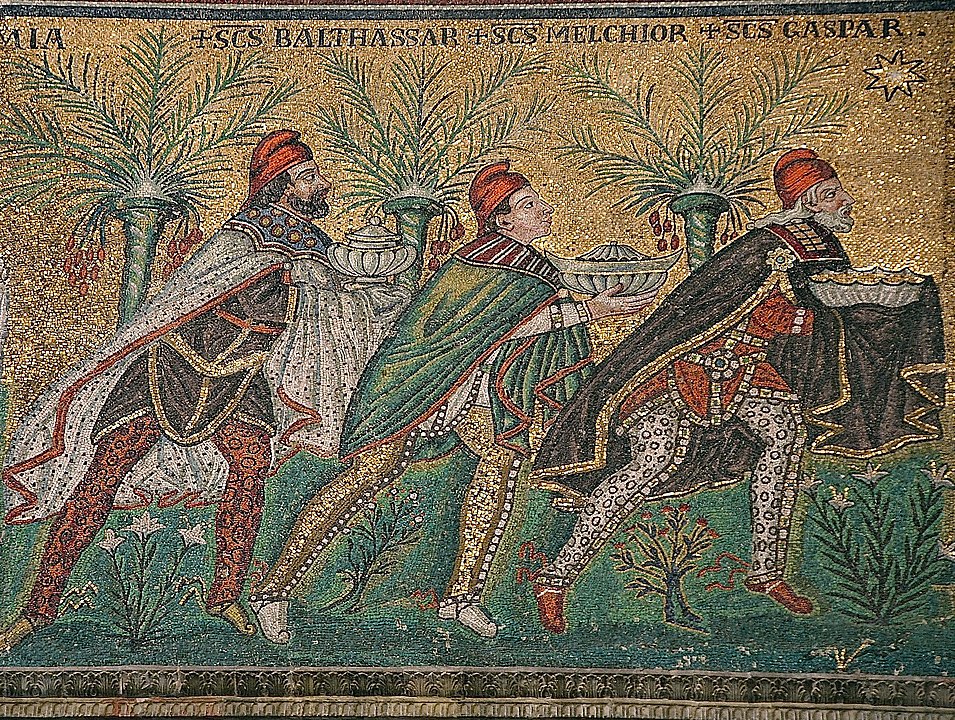
Another lottery
For those who didn’t become rich with El Gordo – the Christmas lottery drawn in Spain – there is a second chance with El Niño, the January 6th draw that offers an estimated prize pool that goes into the hundreds of millions.
Extended holidays
The very best thing about the Three Kings – apart from the presents, the parade and the cake – is that Spaniards are guaranteed another day off work and children don’t go back to school until after Epiphany.
While in other countries, Christmas decorations may have been packed away and normal working life resumed, in Spain the holiday spirit continues until January 6th.

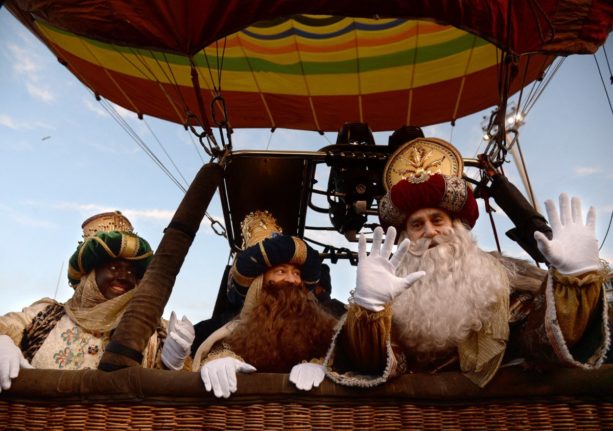
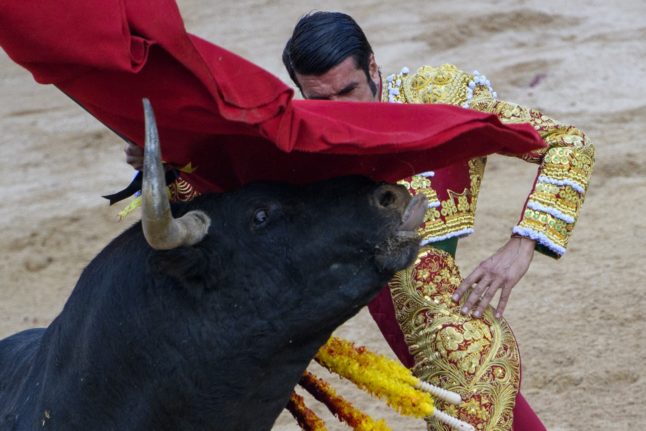
 Please whitelist us to continue reading.
Please whitelist us to continue reading.
Member comments